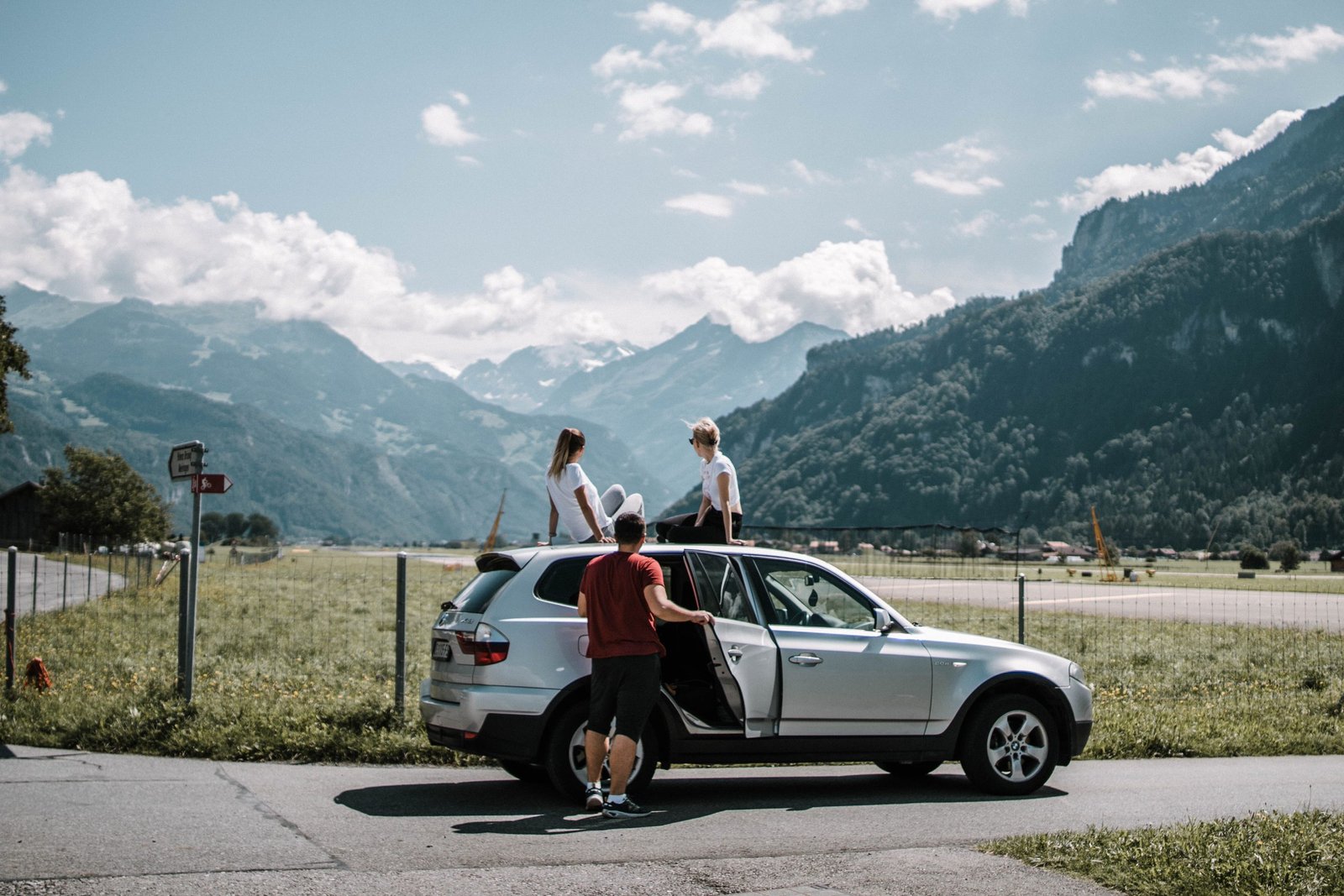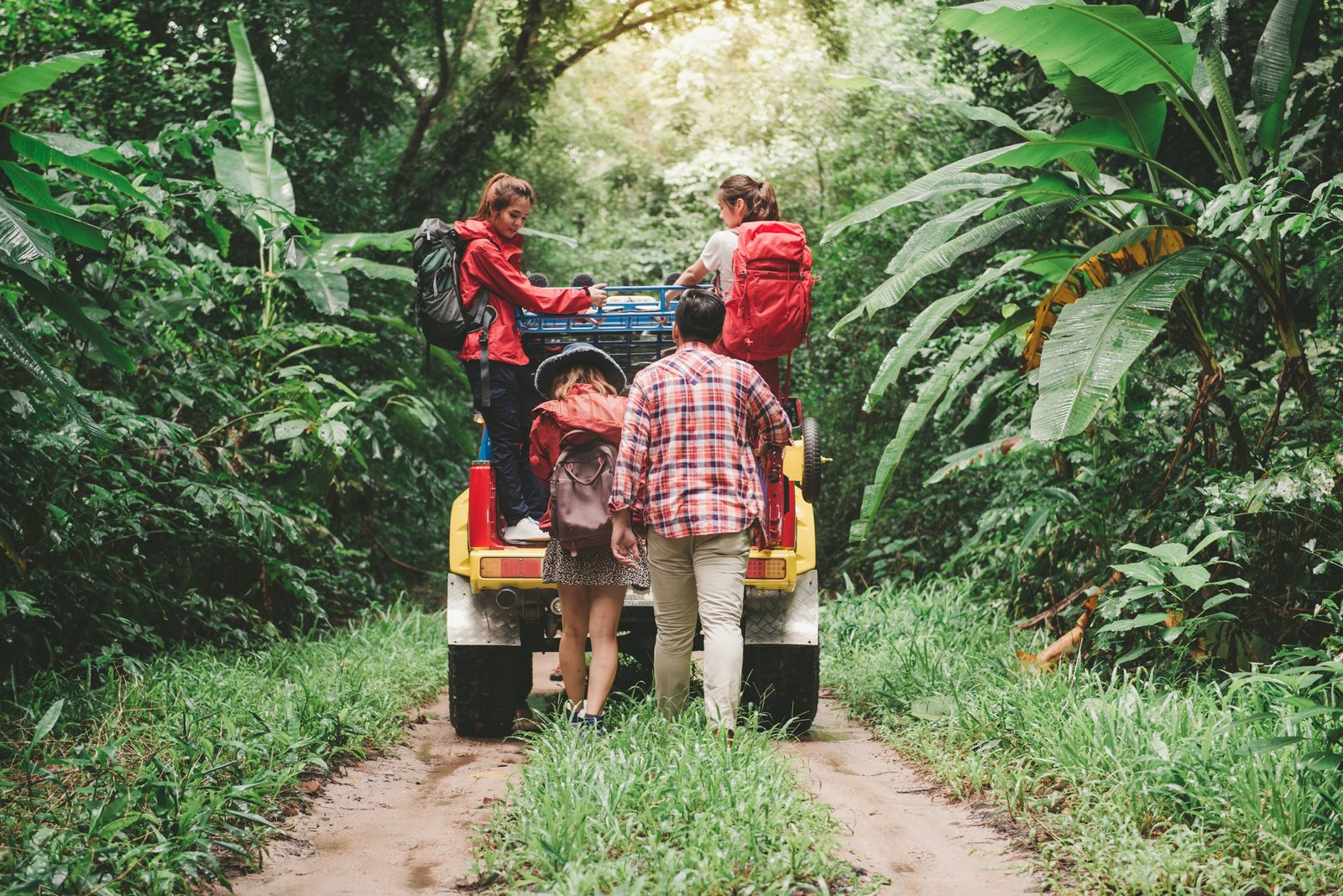Summer is a great time to hit the open road and explore new places.
Whether you’re embarking on a cross-country trip or just taking a weekend getaway, long-distance driving can be an enjoyable experience. However, it’s important to remember that safety should always come first when driving for extended periods of time. Here are some essential tips to keep in mind before setting off on your summer road trip adventure!
1. Get a Good Night’s Sleep
Driving while fatigued is extremely dangerous, so make sure to get plenty of rest before embarking on your trip. It’s also important to plan for regular breaks in order to give yourself some time off the road if you need it. In addition, make sure to avoid driving at night if possible. This is a time when drowsiness can set in quickly, so it’s best to stick to daylight driving as much as possible. For example, if you plan to drive for more than 8 hours in one day, consider opting for a hotel stay or rest area overnight. This can help ensure that you remain alert and focused while on the road. Moreover, if you are traveling with other people in the car, take turns behind the wheel so that everyone gets a chance to rest.
2. Avoid Distractions
It’s essential to stay focused and aware while driving. Therefore, it’s important to minimize distractions such as cell phones and passengers who may be chatting or playing loud music. Moreover, make sure to adjust your mirrors and seat before hitting the road so that you don’t have to take your eyes off the road while driving. This can help keep you alert and aware of your surroundings at all times. Also, if you get involved in a road mishap it would be great to have a car accident lawyer by your side to help you with the case. This is because they are experienced in dealing with such cases and can help you get the best settlement possible.

3. Remain Prepared
In addition to getting plenty of rest, it’s important to prepare for your trip by packing a few essentials such as food, water, and supplies. You should also have an emergency kit on hand that includes items like flashlights, reflective triangles, and first aid materials in case of any unforeseen circumstances. Additionally, make sure to check your vehicle before leaving to ensure it is running smoothly and all lights are working properly. Lastly, keep some extra cash on you in case you run into any unexpected expenses while on the road. So, make sure to plan ahead and be prepared for anything that may come your way!
4. Prepare Your Vehicle
Before heading out on the road, make sure to check your vehicle for any signs of wear and tear, such as flat tires or low oil levels. This will help ensure that your car is in good condition while on the road. Also, make sure to pack a roadside emergency kit including items such as jumper cables, a first-aid kit, flashlights, and other essentials that may be needed during an unexpected breakdown or accident. Having these items on hand can give you peace of mind knowing that you’re prepared for any situation. This is especially important if you’re planning on being on the road for a long time. For instance, if you’re taking a cross-country trip, make sure to bring an extra gallon of oil or fluids to use in case your car needs them.

5. Plan Your Route
It’s important to plan out your route before setting off on your trip. This will not only save time but can also help ensure that you don’t get lost or end up in an unsafe area. In addition, map out the locations of rest stops along the way so that you know where to stop for breaks if needed. It’s also a good idea to make sure that someone knows where you’re headed and when they should expect to hear from you next. Moreover, consider checking in with them periodically during your trip so that they know you’re safe and on schedule. This will help keep your loved ones in the loop and can provide peace of mind.
6. Keep an Emergency Kit
No matter how far you’re going or where you’re headed, it’s a good idea to keep an emergency kit in the car with things such as first aid supplies, flashlights, and a blanket. Additionally, make sure to bring extra cash in case there is an issue with your debit or credit card while on the road. Having these items on hand can help you out of any unforeseen sticky situations. Furthermore, keeping a few snacks on hand can provide energy during long stretches of driving and can be helpful if you get stuck in traffic for an extended period of time.

7. Follow Traffic Rules
It’s essential to obey all traffic laws when taking a road trip, as this helps keep everyone safe on the roads. So, remember to stay within speed limits and be aware of other cars around you while driving. Moreover, don’t drink and drive or text while behind the wheel as this can be extremely dangerous and lead to serious consequences. Also, watch out for pedestrians and bicyclists while driving, and make sure to practice defensive driving at all times. This will help ensure that you arrive at your destination safely after a successful road trip.
In conclusion, it is important to plan ahead and be prepared for any situation while on the road. From packing essential items such as food and water to having an emergency kit with first aid supplies in case of unforeseen circumstances, these steps will help ensure that your trip goes smoothly. Additionally, make sure to check your vehicle before leaving and map out a route beforehand so you don’t get lost or end up in an unsafe area. Finally, follow traffic rules at all times by staying within speed limits and practicing defensive driving. With these tips in mind, you can rest assured knowing that you have taken the necessary precautions for a safe journey!






